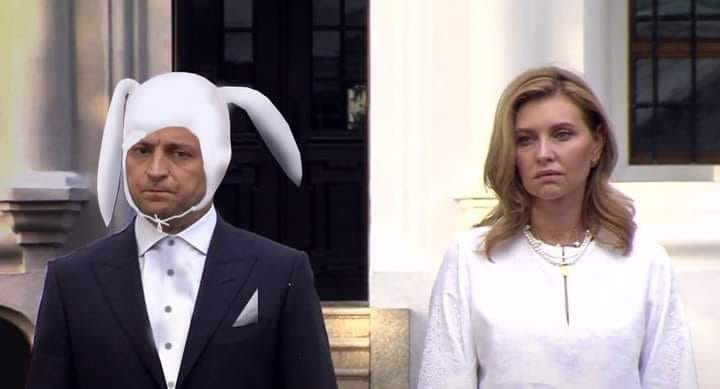Ok, folks, the fun is over. Let’s all just admit that 2+2 necessarily equals 4 and the correspondence theory of truth is probably correct. It was fun while it lasted, sure, but the unfolding Belarus mess shows us why it’s important to move on and embrace deflationism.

Life in Russia during the 1990s was full of booms and busts. The president shelled the parliament building in 1993 and a year later began carpet bombing Chechnya. For most of the decade, everything and everyone was for sale. Fortunes could be made and lost overnight: corrupt officials, bankers and fast-talking carpetbaggers abounded. The era of unfettered laissez-faire ended in 2000 when ex-KGB thugs put themselves in charge of the country after blowing up several residential buildings and blaming it on terrorists.

Alexander Lukashenko was elected president of Belarus in 1994. Two years later, he dissolved parliament unconstitutionally and became Europe’s last dictator. Independent media were snuffed out. Lukashenko’s fiercest political opponents began disappearing in 1999. Remaining political rivals were arrested and tortured until they confessed to imaginary crimes and were sentenced to long jail terms. Ditto for the next 20 years.

Ukraine was different. No one remembers exactly what happened during the 1990s. Businessmen in cahoots with the country’s top politicians eventually captured the state in 2000. Corruption was rampant, independent journalists were killed. Ordinary Ukrainians rose up in 2004 against falsified presidential elections (Orange Revolution) and again in 2013 after a Kremlin-installed stooge and his friends began robbing rival oligarchs (Revolution of Dignity). Russia annexed Crimea and invaded eastern Ukraine in early 2014. The country has been a mess ever since. In 2019, Ukrainians put a clown, Volodymyr Zelensky, in charge in the circus.



